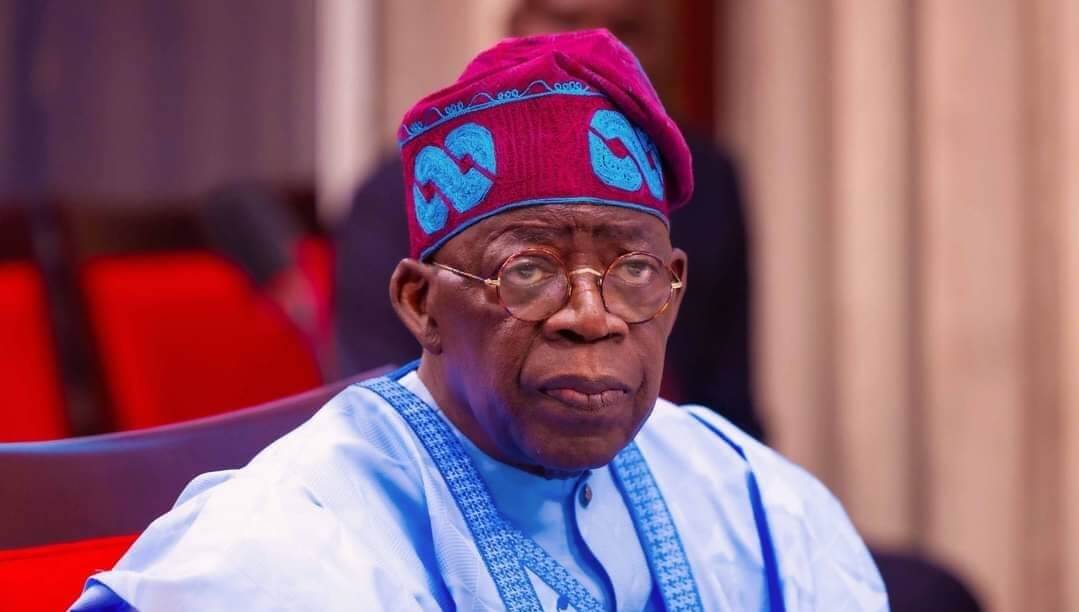Tinubu’s Forex Policy, Subsidy Removal Can Reverse Nigeria’s Economic Downturn- Morgan Stanley
… Lists Telecom, Entertainment As Critical Sectors For Investors
Morgan Stanley, a US-based multinational investment bank and financial services company, has said that the unification of the naira and fuel subsidy removal introduced by the Bola Tinubu-led government has the potential to spark economic growth in Nigeria.
Advertisement
Morgan Stanley said this in a report titled, ‘Market Outlook: Nigeria’s New Dawn‘, seen by THE WHISTLER.
The institution said this on the backdrop of the ongoing reforms introduced by Tinubu.
Morgan Stanley said that for the average Nigerian, the last eight years were incredibly difficult to survive.
“The interventionist policies of former president Muhammadu Buhari—namely, multiple foreign exchange rates and fuel subsidies—led to economic bottlenecks and hindered the private sector’s ability to grow,” the report said.
Advertisement
But with the removal of the subsidy on May 29 and the unification of the exchange rate on June 14, the institution believes that the administration has opened up the economy to more investment opportunities for foreign investors.
The institution believes it could “Lead to a strong rise in incomes, which, combined with a young and fast-growing population, could usher in a new consumer class and a number of investment opportunities. “
The report highlighted three critical sectors that investors could explore which are the telecommunication sector, the consumer segments and service export.
According to the institution, telecom operators have a long runway for growth in mobile data services, as demonstrated by the country’s low mobile data penetration and usage levels.
Morgan Stanley highlighted how the Central Bank of Nigeria issued mobile banking licenses to telecommunications operators which enabled a growing mobile-money market.
Advertisement
“This presents an opportunity for providers of telecommunications-led mobile-money services, which are still in early stages of growth. Although more than 85 per cent of the adult population has a mobile phone, around 55 per cent have no bank account, and only 10 per cent have a mobile money account,” it said.
On the consumer segment, the report projected a rise in GDP per capita from $2,000 to $5,000 range as seen in emerging markets.
The report said, “Such a dynamic in Nigeria could help the consumer goods market grow 150% from an estimated $240 billion in 2023 to about $603 billion in 2030.
“This could present investment opportunities in several sectors, including packaged food and beverages, household and personal care products, education, healthcare and even durable goods like appliances and transportation.”
For Morgan Stanley, Nigeria’s music and film industries offer another potential avenue for service exports.
It said that “Nigeria is home to two of the most well-known “Afrobeats” artists, in a music genre that has amassed more than 16 billion plays on popular streaming platforms.
Advertisement
“The Nigerian film industry, affectionately known as “Nollywood,” produces around 2,500 films per year and is attracting investments from major global media companies. By 2030, Africa’s film and music industries—which are dominated by Nigerian productions—could be worth $20 billion dollars and create 20 million jobs.”



